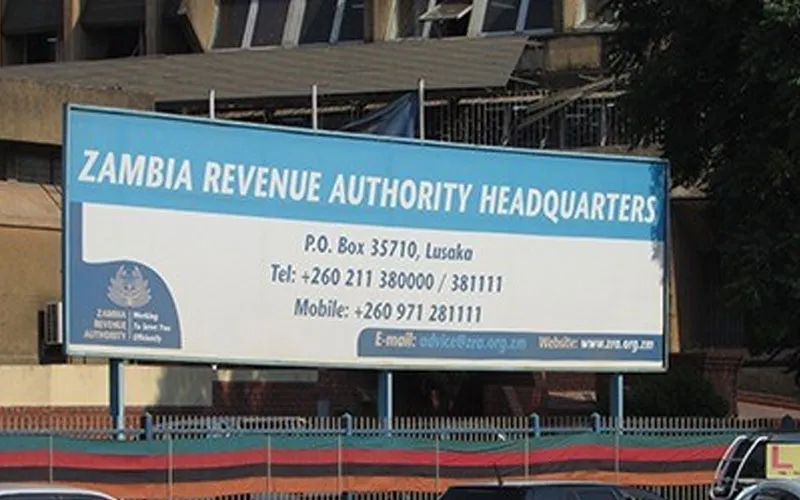Lusaka, 23 December, 2022 / 6:25 pm (ACI Africa).
Officials of the Jesuit Centre for Theological Reflection (JCTR) are calling on the Zambian government to address the challenge of public revenue leaks in the Southern African nation to bring down the cost of living.
In their Tuesday, November 15 Basic Needs and Nutrition Basket (BNNB) statement, JCTR officials say that while the government has introduced measures such as the Pay As You-Earn tax free threshold in 2023, and is facilitating bilateral engagements with fertilizer and fuel producing nations in view of accessing the commodities cheaply, "public resources that are desperately required (in the midst of fiscal deficits) to expedite this process are being significantly lost."
"These irregularities are therefore providing obstacles to the development of our nation,” the Jesuit scholars say.
They add, “By reducing these potential revenue losses, more vulnerable households can be cushioned from the high cost of living through increased social sector spending and increased resources aimed at diversifying the economy."
Officials of the Lusaka-based Jesuit entity further say that the Zambian government also needs to ensure "utmost transparency in public procurement systems to limit revenue losses.”








